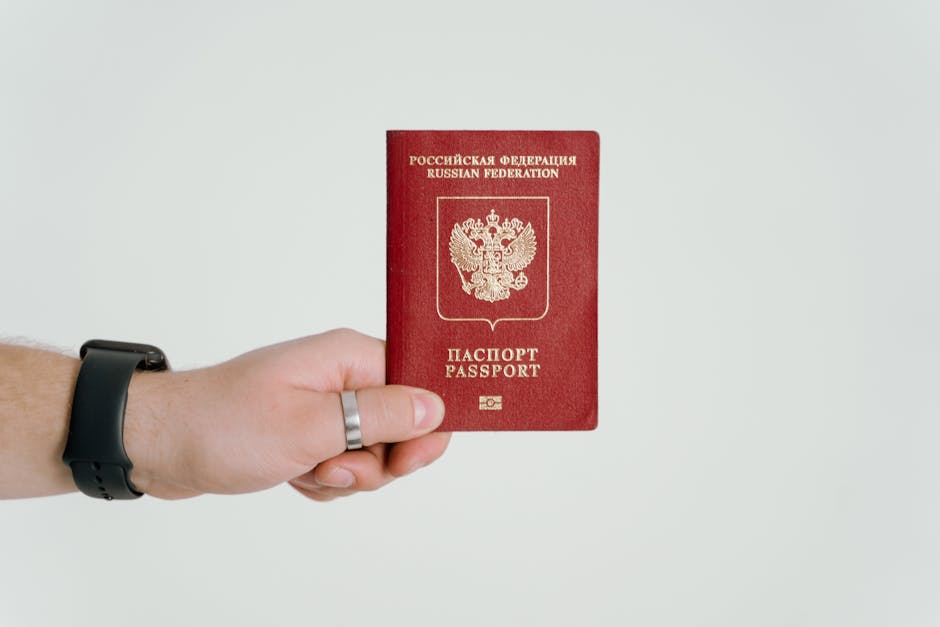Are e-KYC Norms Excluding MGNREGA Workers? | Explained
The Mahatma Gandhi National Rural Employment Guarantee Act (MGNREGA) is a critical safety net for rural workers, guaranteeing employment and financial stability. However, the mandatory electronic Know Your Customer (e-KYC) process has sparked concerns about excluding vulnerable beneficiaries due to digital barriers, Aadhaar mismatches, and infrastructure gaps.
What Is e-KYC and Why Is It Mandatory for MGNREGA?
e-KYC is a digital verification system using Aadhaar to authenticate beneficiaries. The government mandates it for MGNREGA workers to:
– Reduce fraud and duplicate job cards.
– Enable Direct Benefit Transfer (DBT) for wages.
– Improve transparency in wage payments.
Yet, this digitization push overlooks ground-level challenges faced by rural workers.
Key Challenges Faced by MGNREGA Workers
1. Lack of Digital Access
- Poor internet connectivity in rural areas disrupts online verification.
- Workers must travel to Common Service Centres (CSCs), adding time and cost burdens.
2. Aadhaar Authentication Failures
- Name mismatches or spelling errors in Aadhaar records block wage access.
- Many lack Aadhaar-linked mobile numbers for OTP verification.
3. Low Digital Literacy
- Dependence on intermediaries who charge fees for e-KYC help.
- Errors in submissions lead to repeated rejections.
4. Payment Delays and Exclusions
- Incomplete e-KYC results in removal from wage lists (e.g., West Bengal, Jharkhand).
- Activists report thousands facing payment delays due to pending verification.
Government Response vs. Civil Society Concerns
Government Stance:
– Extends deadlines for compliance.
– Claims e-KYC reduces leakage and improves DBT efficiency.
Civil Society Demands:
– Offline alternatives for authentication.
– Regional-language awareness campaigns.
– Protection against wage denials due to technical issues.
Proposed Solutions to Bridge the Gap
- On-Ground Support
- Deploy field officers for e-KYC assistance in remote villages.
-
Organize mobile Aadhaar camps for updates.
-
Flexible Verification
- Allow biometric authentication at worksites.
-
Permit manual verification during transition phases.
-
Stronger Grievance Systems
- Simplify complaint reporting for workers.
- Monitor wage payments to resolve pending e-KYC cases.
Conclusion
While e-KYC aims to modernize MGNREGA, its rigid implementation risks excluding India’s rural poor. Inclusive solutions—like last-mile support and hybrid verification—are essential to uphold the scheme’s promise of equitable employment.
The Big Question: Will policymakers adapt, or will e-KYC remain a barrier for marginalized workers?
(Word count: 600)




